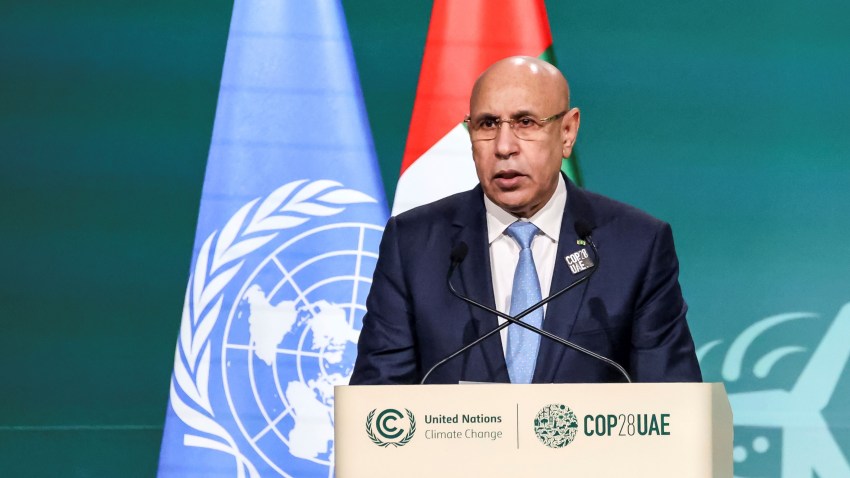On Oct. 31, the administration of U.S. President Joe Biden announced that Mauritania’s trade preferences under the African Growth and Opportunity Act, or AGOA, would be restored. The announcement reversed a 2018 decision by then-President Donald Trump’s administration that deemed Mauritania ineligible for AGOA preferences due to infringements on workers’ rights.
A cornerstone of U.S.-Africa trade relations, the AGOA affords duty-free access to the U.S. market for products from African states deemed to meet its eligibility requirements. In announcing Mauritania’s suspension in 2018, the Office of the U.S. Trade Representative said the Mauritanian government would have to “eradicate forced labor and hereditary slavery” for its AGOA preferences to be restored.
The legacy of slavery remains a real issue in Mauritania, often tarnishing its international reputation and lingering beneath the surface of domestic politics. While historically practiced within both the country’s Arabo-Berber and Afro-Mauritanian ethnic groups, its prevalence among the former has come in for the most scrutiny. Divided between a dark-skinned group of haratin, defined by their former slave status, and light-skinned bidhan, from whom the ruling elite is largely drawn, this population’s relationship to the legacy of slavery is of particular salience—domestically, because its racial aspects elicit solidarity from Afro-Mauritanians who have experienced distinct forms of marginalization in the country; and internationally, because this same racial quality provides outside observers with a familiar, if reductive, frame of reference.

